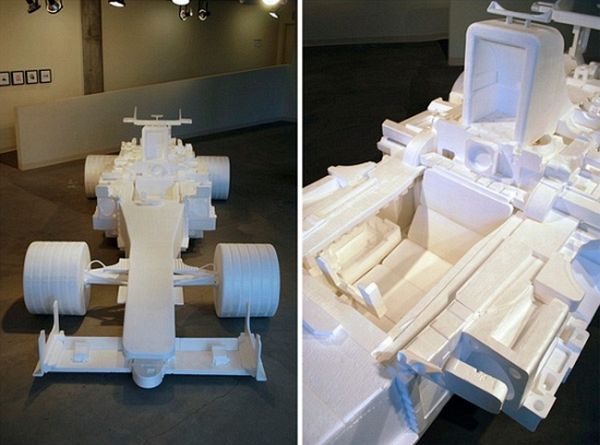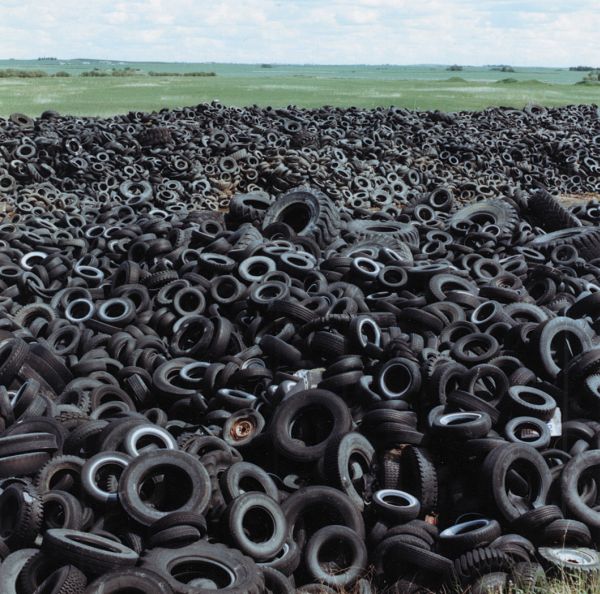
The problems associated with non biodegradable trash is evident and it is wise to start finding solution to it. Though, recycling of these products has started, but the momentum has to catch up at mass level. People across the world have to realize the reason behind recycling and need to stop further production of things which triggers green house emission which are harmful to environment as well as human health. Recycling is so far the best option available to environmentally conscious society. But recycling does not end with collection of trash plastics, glasses, carpets and other non biodegradable material and remanufacture them into other utility items. But recycling also calls for reusing these discarded things for other useful purposes like old plastic baskets can be used as cloth bin, coffee mugs as planters etc.
Most of these non biodegradable materials can take up to million years to breakdown. A soda bottle or a piece of glass will take no less than million years to dissolve in the nature whereas aluminum can will take over 200 years to decompose. Landfills are just not the answer to these swarming pollutants. Hereâs a look at seven such daily use items that can be recycled by self or at recycling plant:
1. Plastic recycling
With over 10,000 variety of plastics manufactured worldwide, the plastic scrap is accumulating everywhere. Plastics are made from petroleum or natural gas in combination with oxygen or chlorine creating huge emission of toxic green house gases in the process. Thus, in order to reduce this hazardous production, it is important to recycle the discarded ones. It uses almost 20-40 percent less energy in recycling process, while creating products that can be used, and reducing the burden on landfills.
It is required to categorize the plastic products before recycling them. Group 1 consists of plastic products like, soda and mouth wash bottles, plastic wraps etc. made from polyethylene terephthalate. The second category like milk and curd containers, shampoo and cosmetic sachets, trash bags, detergent bags etc. are made from high-density polyethylene plastic. All plastic products need to be properly washed before recycling.
The plastics can be transformed into durable lumber after recycling. It can also be used to make toys, benches, drainage pipes and even car parts.
2. Glass Recycling
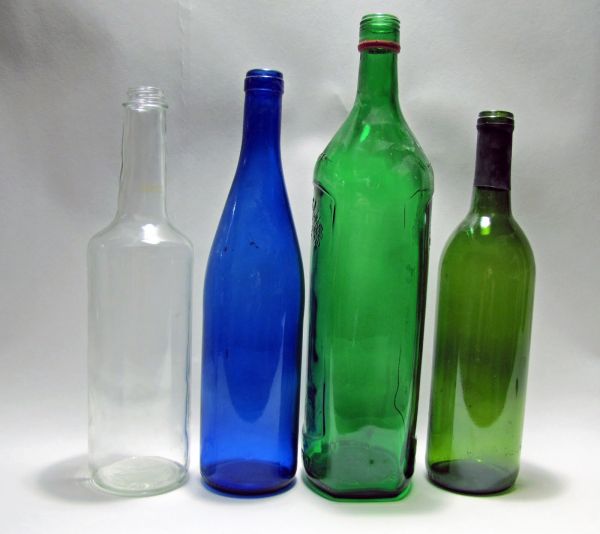
It cannot be denied that glass is one of the major contributors to household as well as industrial trash. This includes food and beverage containers, lamps, bulbs, mirrors, window panes, bottles and various other products. Though, glass has a unique quality of being recycled again and again without losing on quality, unfortunately not even 15% of glass waste is recycled.
Soda ash; lime and sand are heated to produce glass products causing huge fossil fuel emission. For recycling glass nearly 40% lesser energy is required than manufacturing new one. Recycling glass causes 20% less air pollution and about 50% lesser water pollution. All the glass products with âGâ logo are recyclable.
3. Paper recycling
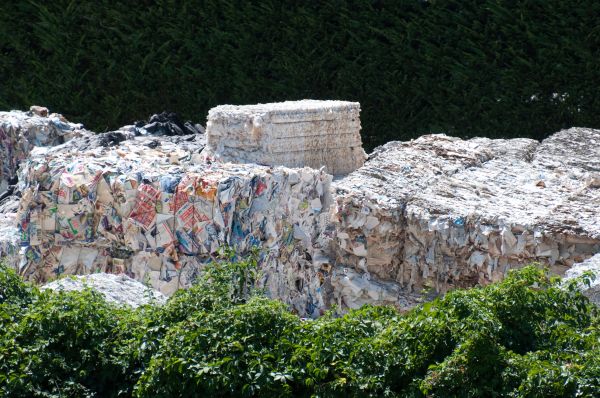
All of us know that as much paper you manufacture, more trees will be felled too produce more paper. In order to save our greenery, it is required to recycle paper. Newspaper, cardboards, magazines, computer printouts, used school and college notebooks are clogging our house space and every day new one are added. Recycling of paper too requires 40% less energy than producing new ones. If we could just recycle one newspaper every day, it will be possible to save 41000 trees.
Recycling of paper is easy and will produce fresh newspapers, tissue papers, paper napkins, paper bags, stamps, notebooks, business cards and many others. Each ton of recycled paper will save 17 trees. Most of the paper can be recycled up to eight times. Paper recycling saves energy as well as saves up to 17% land fill space.
4. Computer, Mobiles and electronics recycling
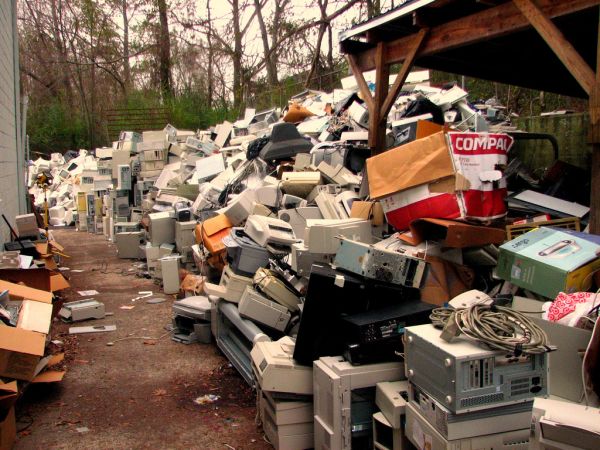
Modern day electronic gadgets have certainly made life easier but at the cost of environment. Rapidly out dating technology has resulted in gathering of hordes of scrap electronic waste. Not many people are aware that this trash contains hazardous substances like lead, nickel, mercury, cadmium etc. Though it is very much possible to recycle and reuse this waste to re-produce fresh material but this is not happening.
Interesting most of the parts of electronic goods like, computer monitors, glass panel, keyboard and plastic materials, cables, circuit boards, batteries and others are recyclable. One just has to take them to recycling plant where metal, plastic and glass parts will be separately recycled. Another good option is to donate working computers to those in need.
5. Tires recycling
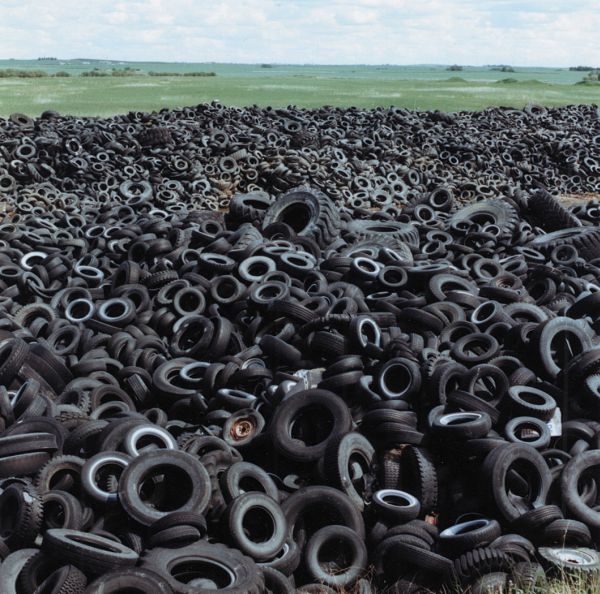
With ever increasing vehicular population, discarded tire is another such waste available in plenty. Though in America nearly 80 percent tires are being recycled, it is not so elsewhere in the world. Tires have multiple uses after recycling. It can be used as base for shoes and sandals, flooring, roof pads, carpet pads and others. It can also be reused for creating parks and seating facility.
6. Carpet and rugs
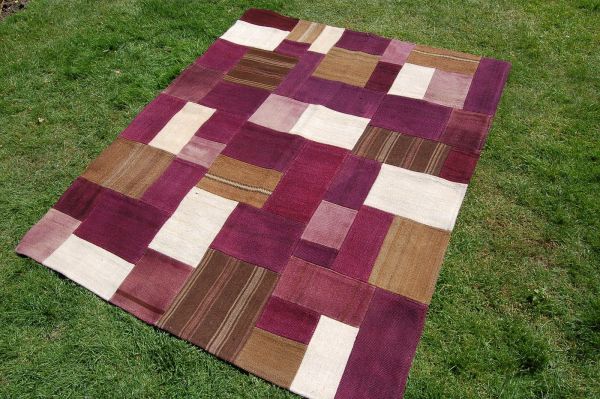
Carpet manufacturing uses huge amount of energy in form of petroleum. Hence you can save up to 40 percent fuel consumption by recycling it. Carpets are widely used in American and European households and contribute to huge amount of refuse. Carpets can be recycled to make foot mats and new carpets as well.
7. Metal recycling
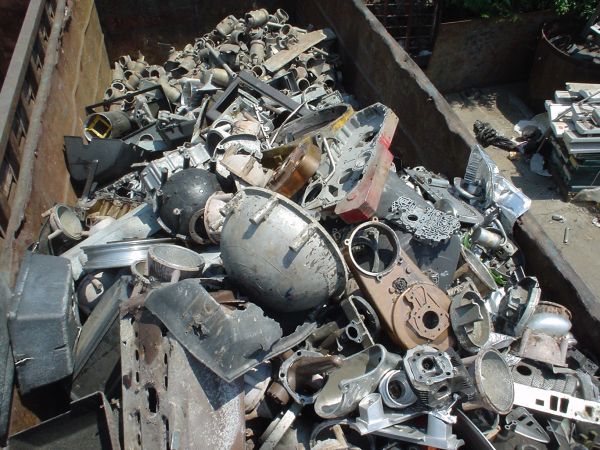
The Metals like steel and aluminium, used in abundance, has many option after recycling. It can be used for car part manufacture or as building material and even producing fresh product of same quality. Since the metals, that are natural resources, are fast depleting from earth, it is better to recycle and use than dump them into landfills and mine for fresh ore. Most of the metal products can be recycled and used again and again without losing on quality. Those who collect metal scrap and deposit at recycling facility , too, get paid for the metal worth and also for the effort



